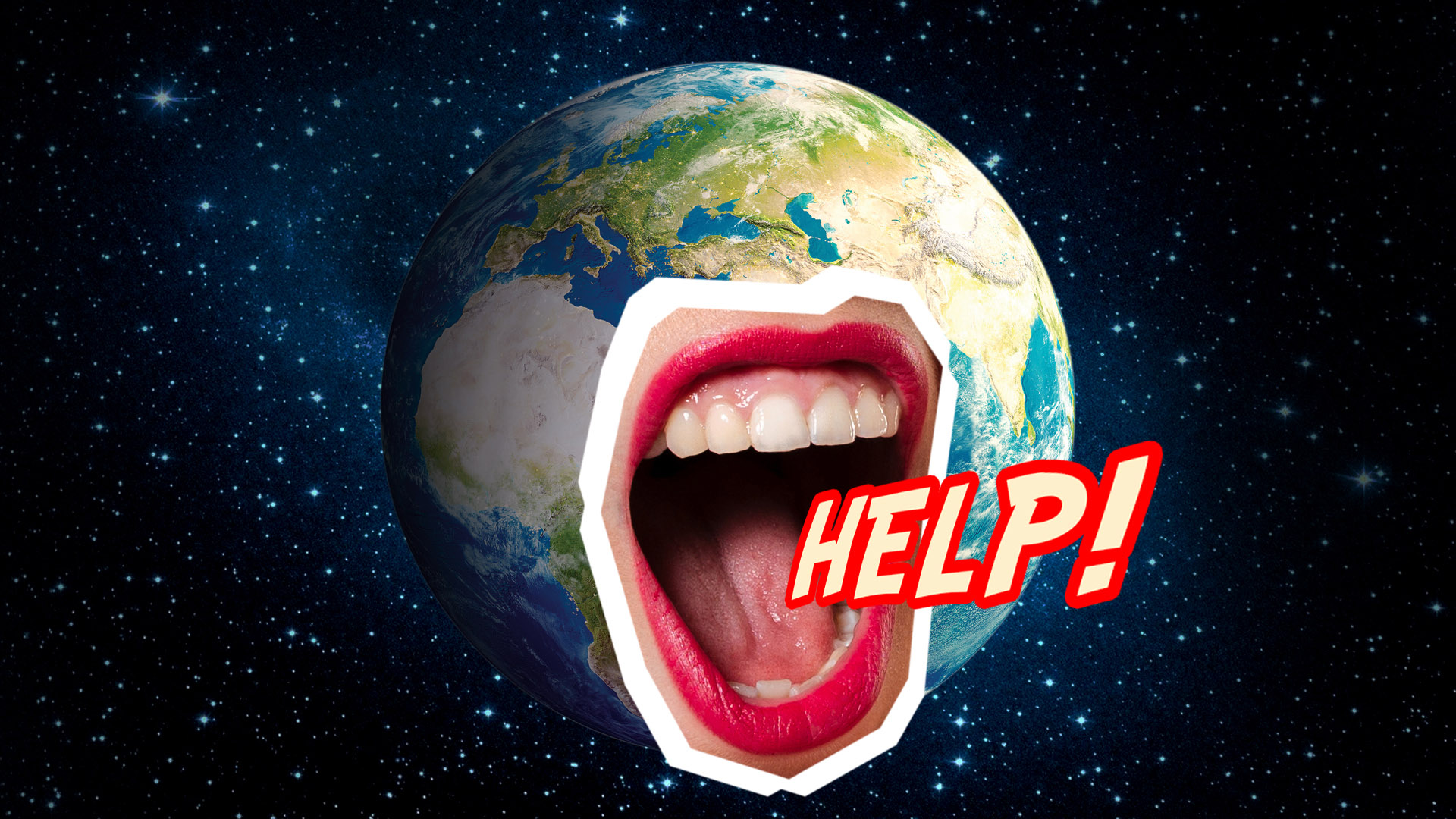No Age To Learn
The world is screaming, our bodies are asking for help, the future is looking at us with suspicion. Many problems are now perceived as normal. I'm afraid we've even gotten used to the masks we use now and have long since stopped doing anything to change that. Freedom is the only thing we're after, and we're looking for it wrong. Education is of course very important, so is education.

Nature continues to suffer due to people who do not know themselves. Metals, glass, plastics, cardboard and many other wastes that are unconsciously thrown into the nature… The plastics industry is constantly working, striving and producing projects for recycling. Some countries have decided to introduce recycling into the curriculum and have started to implement it. We would like to draw your attention to country names. I think countries are not a coincidence at all…

Transitioning to a waste-free world means giving future generations the knowledge, skills and motivation to tackle environmental problems. Here are the world's top 10 waste education programs.
1. Colorado, USA
Colorado is home to one of the oldest nonprofits dedicated to recycling in the US: Eco-Cycle. Since its founding by volunteers in 1976, it has developed a renowned recycling and environmental education program. The program provides recycling collection for schools in the two regions, makes educational presentations (including age-appropriate topics such as reducing lunch waste), and provides each school with valuable monthly feedback on their progress.
2. Taiwan
Taiwan has been a long-standing world leader in recycling education, implementing waste management education in schools since the 1980s. The Environmental Education Act 2011 promotes 'environmental literacy' as an aspect of lifelong learning; For example, all students and staff in government and business must receive at least four hours of environmental education each year.
3. Parramatta, NSW, Australia
The Parramatta City Council is running school waste training courses run by the waste collection contractor Suez. Taught by instructors with a waste industry background, the program offers students a first-hand look at the hidden world of waste management through tours of the Suez facilities.
4. Hout Bay, South Africa
Community-based charity Thrive Hout Bay launched the Zero Waste project to address the need to tackle pollution in the region. Its educational program is Sustainable Schools learning through hands-on activities. For example, students learn about composting by participating in community gardens and recycling by helping with their school's recycling plans.
5. Malaysia
Malaysia's Global Environment Center established the 'SMART Ranger' program to engage students in natural resource management, starting with recycling. The program aims to equip young people with the knowledge and skills to lead environmental action. Participants participated in a buyback scheme trial to encourage recycling and receive cash rewards for recyclables, among other activities.
6. Portland, USA
The City of Portland, Oregon aims to achieve 90 percent material recovery rates by 2030. A key area of action is education and knowledge. The city's youth education program has a curriculum that ranges from practical household recycling to understanding climate change science, equipping future generations with not only the knowledge but also the mindset to tackle environmental challenges.
7. Taupō District, New Zealand
Tūrangi School in Taupō District has adopted a zero-waste program managed by its students with the help of its staff. A sustainable farm on the school grounds reuses waste from pigs, goats, rabbits, chickens and ducks, while the school's resource recovery and recycling center is so efficient that students say it can take more waste. With their participation, students learn skills beyond waste management such as engineering, animal husbandry and fundraising.
8. Dunbar, Scotland
Dunbar was among a handful of 'Zero Waste Towns' launched as part of the Zero Waste Scotland program from 2014 to 2017. This made Dunbar a testbed for waste reduction plans. Schools also received expert guidance that contributed to the success of their waste management systems. The town has seen encouraging results by halving the waste going to the landfill within a year.
9. Western Australia, Australia
Schools in Western Australia have access to the Waste Wise Schools program, which focuses on reducing and recycling waste. The program offers resources and support for the implementation of applied waste management projects such as recycling, composting and worm farming in schools. Schools involved in the program organize the collection of items that can be difficult to recycle, such as batteries, phones, glasses and clothing.
10. Ghana
Ghana is a regional leader in tackling plastic waste as the first African country to join the Global Plastics Action Partnership. Recycling! Ghana runs a number of waste reduction programs, including the Nationwide Waste Education Campaign. When the program ends in 2022, it aims to reach 81,000 school students to teach waste management, provide recycling facilities in schools and instill a culture of waste reduction in future generations.
What beautiful examples, aren't they? Recycling education is as necessary as mathematics and physics are. Any objection?



